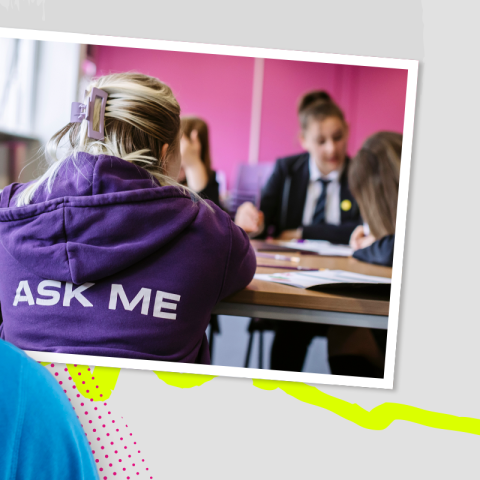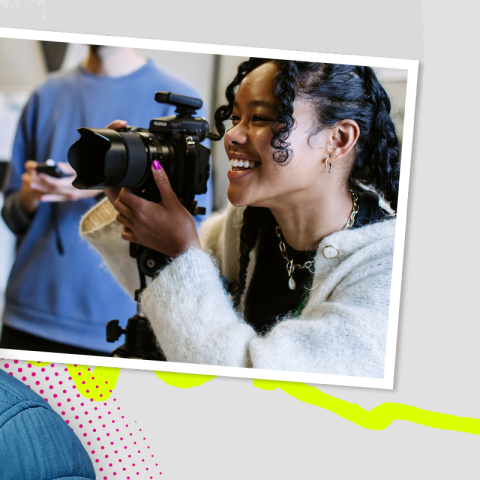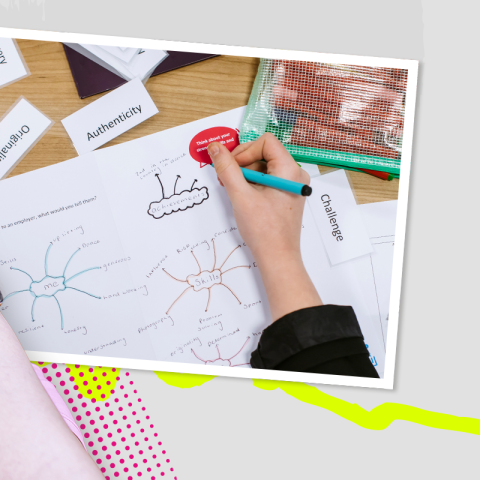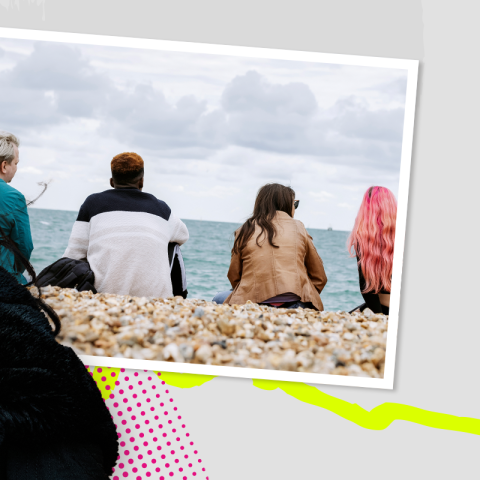

A week in the life
Journalism
Student profile:
Course: BA (Hons) Journalism
Living status: I currently house-share with four other people, in a house in Southsea.
Current timetable:
No. of hours scheduled in lectures per week: Between 3 to 5 hours
No. of hours scheduled in seminars per week: 1 hour
No. of hours scheduled in labs/specialist spaces per week: 30 mins one-to-one meetings with my final year project supervisor
Approximate amount of hours allocated to independent study per week: 12 hours
What is your week at uni like?
Monday
I usually begin with a 10-11am lecture. This lecture is for my module ‘Digital Media and Democracy’, which is a really interesting subject because it explores how digital technologies such as social media is utilised by politics. I then have an 11.30am-12pm one-to-one meeting with my final year project supervisor. These are really important because it gives me an opportunity to discuss how I am getting on and ask any specific questions I may have which will help me.
However, this week I had to miss both of those events in order to conduct an interview for my final year project. As a journalism student, I have to write a ‘special investigation’, which consists of three 2000-word feature articles surrounding a specific topic of our choice. I chose to write it on the impact of a winter World Cup, and one of my features is the impact of a winter tournament on English pubs.
So, this week, I visited a local Portsmouth pub, Ship Anson, in the morning to interview the landlord, Keith Newby. After the interview, I met up with my friends at another pub to watch the England vs Iran game, before going on a night out with them in the evening – it’s really important to make time to see your friends, and to go out and have fun, as a break away from the stress of your studies.

Tuesday
On certain Tuesdays, we have designated ‘news days’, for our module ‘Newsroom Production’. On these news days, we are placed in groups with our fellow course mates. We are tasked with generating ideas for our next assignment, and then have one week to complete the assessment. The news days are scheduled for around 4 hours and are supposed to simulate a real-life news environment, where you work as a team to create ideas and write stories to a tight deadline.
This Tuesday, there wasn’t a news day, therefore I used the time to plan ahead for the next one, making notes consisting of ideas that I would bring forward to discuss with my group.
Wednesday
My Wednesdays are always free, and this gives me a really good opportunity to get on with my work, whether that is revising for an exam or working on some coursework.
This week, I used Wednesday to focus on planning for my future assignments. I sent emails out requesting interviews so I will hopefully hear back from them soon.
In order to manage my time and make the most out of the day, my alarm is set for 10am on Wednesdays. I find I often work best and most-effectively in the afternoons and evenings, therefore I use my mornings to set myself up for the day, ready to crack on with my work in the afternoon.
I tend to do coursework in my bedroom at my Uni house. I have a desk in there and often I find it easier to just sit down and crack on with work. When it comes to revision, I prefer to go to the University Library, because it is a bit quieter and there are less distractions!
Thursday
Thursdays are also usually lecture-free on my timetable, so they are another really good opportunity to get on with some work.
I followed a similar pattern to Wednesday, setting an alarm at 10am, and spent my time doing some further reading for my ‘Digital Media and Democracy’ course. We are given a list of academic books that we are recommended to read to help us with this module, and our lecturer points us in the direction of which books and chapters to read each week. I made some notes from this book, which will be really useful to come back to when I begin writing my essay in December.
Some academic texts can be really clunky and tricky to read, so in order to manage my time effectively I tend to read and make notes in short bursts. I get a cup of tea or a glass of water, put my revision playlist on, and make notes for around an hour, and then take a 30-minute break. This helps me focus and ensure that I am taking in the information from the text.
Friday
Fridays usually begin with a 10am-11am seminar for the ‘Digital Media and Democracy’ module.
However, this week due to a union strike, our seminar was cancelled. This gave me an opportunity to go home for the weekend – I only live a couple of hours away so I am able to get the train back. It is so important to keep in touch with family, as it can be tough moving away.
In the evening, I went to the pub, this time in my hometown, to watch the England v USA game, in order to take notes of what the atmosphere was like, to include in my special investigation project.
Saturday
I began working on a data-analysis story for my ‘Newsroom Production’ module. This involved finding a data set with a national significance and writing it up in an article with a local spin on it. I’m doing a story on the value of footballers and in particular England midfielder Mason Mount, who grew up in Portsmouth!
Sunday
I continued working on my data-analysis, using a website called ‘Flourish’, that we were introduced to on the course. This creates really cool, neat-looking graphs and graphics which helps to present our data and make our articles look more professional.
I then got the train back to Uni, ready for another big week of work!
What do you hope to move onto when you graduate?
I would love to go into either sports journalism or communications.




